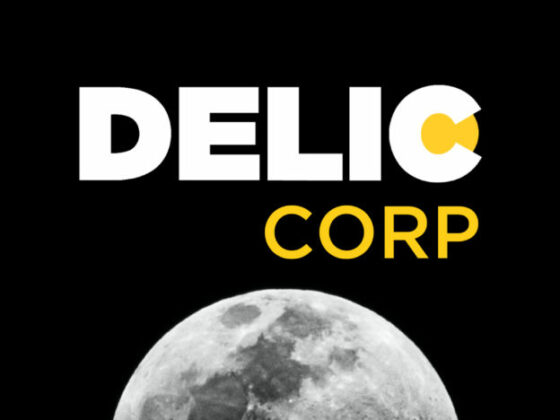The psychedelics industry has experienced a renaissance over the past few years as researchers have opened a pandora’s box of potential. From major depression to generalized anxiety to post-traumatic stress disorder, emerging research suggests that psychedelic substances could have a significant beneficial impact on hard-to-treat mental health disorders.
As states liberalize their psychedelics regulations, microdosing has become a popular trend that could offer a variety of mental health benefits. Research on microdosing remains in its infancy, but the combination of placebo-controlled studies and effective delivery systems could translate to a larger-scale trend over the coming years.
Let’s take a closer look at microdosing and how new technologies are making it easier to achieve a consistent result.
What is Microdosing?
Microdosing is the practice of consuming a very low, sub-hallucinogenic dose of a psychedelic substance, such as psilocybin or LSD. While scientific literature contains minimal research, there is plenty of anecdotal evidence to support the practice but the handful of high-quality studies that do exist paint a mixed picture of microdosing efficacy.
In 2018, the Imperial College of London conducted the first placebo-controlled study of microdosing practices. Participants received either a psychedelic or placebo and completed online surveys and cognitive tasks at regular intervals. The results showed improvements in both the psychedelic and placebo groups with no significant differences between them.
Other researchers believe that microdosing may still offer tangible benefits. Maastricht University researchers in the Netherlands conducted their own small-scale placebo-controlled study and found beneficial effects on mood and attention for some participants that couldn’t be explained by the placebo effect. They suggest that timing could be an important factor.
The same researchers from Maastricht University measured brain-derived neurotrophic factor (BNDF)—a protein that affects brain plasticity—and found an increase a few hours after microdosing psychedelics in blood tests. These findings suggest that there is some kind of physiological factor at play with microdosing practices.
Ensuring the Right Dose
The varying effects of microdosing practices could be the results of varying metabolic rates and drug delivery mechanisms. For instance, capsule-based forms of microdosing involve swallowing a pill that is subject to second-pass metabolism in the liver. Sublingual delivery mechanisms, on the other hand, quickly move to the brain.
Revive Therapeutics Ltd. (CSE: RVV) is building an intellectual property portfolio around psychedelic drug delivery. After acquiring Psilocin Pharma Corp., the company partnered with Complete Phytochemical Solutions and signed a sponsored research deal with the University of Wisconsin-Madison to develop new delivery methods for psychedelic substances.
The company’s dissolvable oral strips could be especially beneficial for microdosing, delivering between one and 20 milligrams of natural or synthetic psilocybin with rapid onset that bypasses liver metabolism. The company’s other products targeting both psychedelics and cannabinoids include lozenges, gels, creams and transdermal patches.
While many companies undergo expensive clinical trials, the company’s innovative delivery systems could see a faster path to commercialization as California, Oregon and other states start to legalize psychedelics for personal use. These efforts could open the door to widespread microdosing practices to realize cognitive and other mental health benefits.
Looking Ahead
Investors interested in the psychedelics space may want to consider companies focused on microdosing practices since they could represent a nearer-term path to commercialization. Revive Therapeutics Ltd. (CSE: RVV) (OTC: RVVTF) is a prime example with its dissolvable oral strip delivery system for psilocybin microdosing.
This article was published by CFN Enterprises Inc. (OTCQB: CNFN), owner and operator of CFN Media, the industry’s leading agency and digital financial media network dedicated to the burgeoning CBD and legal cannabis industries. Call +1 (833) 420-CNFN for more information.






